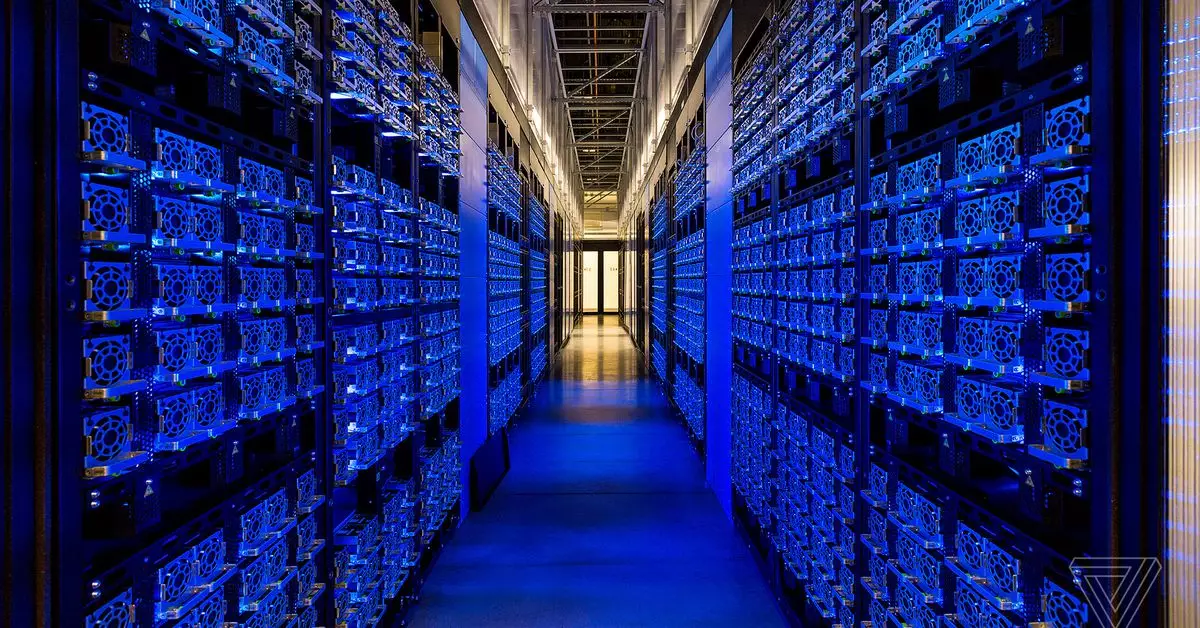The rapid development of artificial intelligence (AI) tools has raised concerns about its impact on the environment, particularly in terms of energy consumption. To run AI at scale, significant amounts of data centers are required, packed with power-hungry GPUs. This massive energy demand has led to questions about the sustainability of AI technology and its consequences for the climate. The issue raises both practical concerns about the capacity of the existing power grid to support such high energy usage and moral objections regarding the potential environmental damage caused by AI systems.
Despite the growing concerns about the environmental impact of AI technology, big tech companies like Amazon, Google, and Microsoft have been actively working with governments worldwide to set ambitious goals for sustainable energy usage. The aim is to mitigate the effects of climate change and prevent catastrophic outcomes. However, recent data shows that these companies are surpassing their emission targets and worsening the situation over time. This contradiction highlights the complexity of balancing technological advancement with environmental responsibility.
The dilemma of AI technology and its impact on climate change is further complicated by the widespread use of high-energy consuming technologies across various sectors. Platforms like TikTok and YouTube, which constantly process and encode massive amounts of video content, raise similar environmental concerns. Additionally, online multiplayer video games, which rely on power-hungry GPUs and data center workloads, contribute to the overall energy consumption associated with technological advancements. The issue extends to cryptocurrencies as well, with their energy-intensive mining operations drawing criticism from environmental advocates.
Amid the complexity and contradictions surrounding the environmental impact of technology, a framework for evaluating the climate consequences of AI and other high-energy consuming technologies is essential. The comparison between AI GPUs and gaming-focused GPUs, like the Nvidia H100 and RTX 4090, underscores the need for a comprehensive assessment of their environmental footprint and ethical implications. As society continues to rely on advanced technologies for various purposes, understanding and addressing the climate impact of these tools become imperative for sustainable development.
The Role of Media and Research in Addressing Climate Concerns
To navigate the intricate relationship between AI technology and climate change, collaboration between media, research, and industry experts is crucial. Engaging in meaningful discussions and debates to unpack the complexity of the issue can lead to innovative solutions and strategies for mitigating the environmental impact of technology. By shedding light on the challenges and contradictions inherent in the intersection of AI and climate concerns, we can work towards a more sustainable and responsible approach to technological advancement.


Leave a Reply